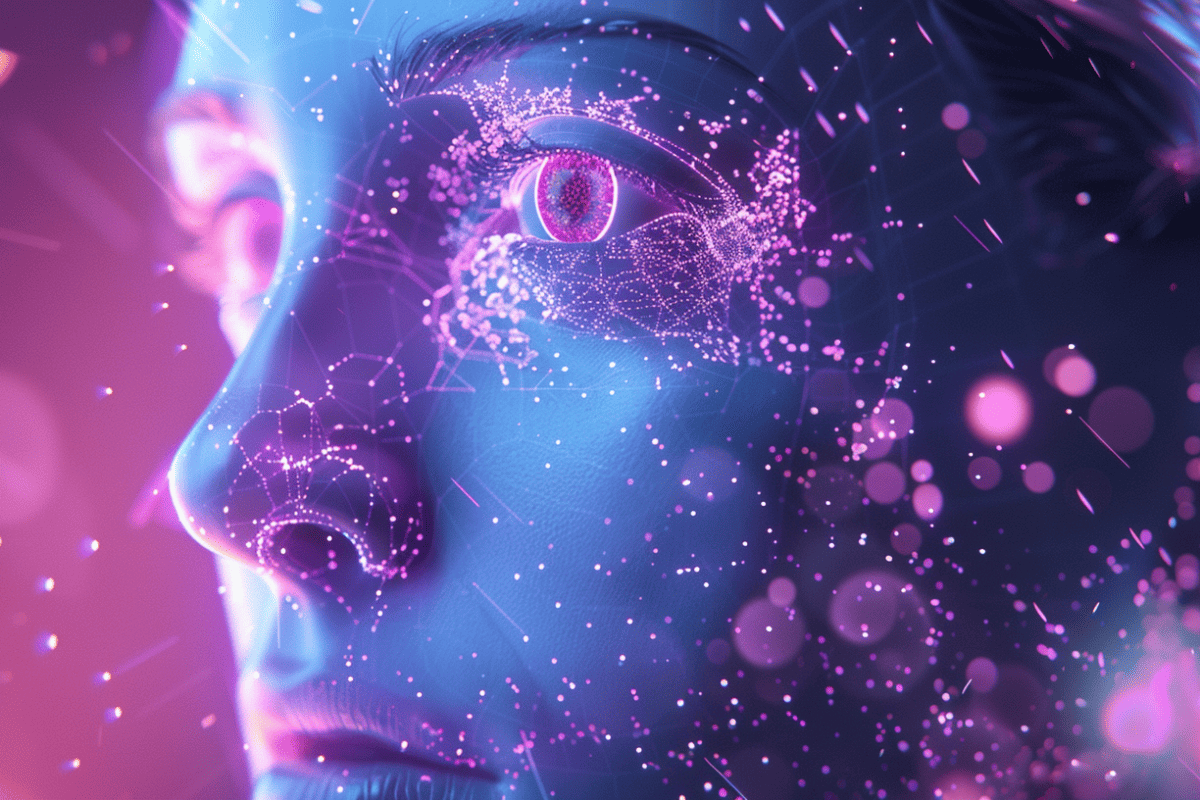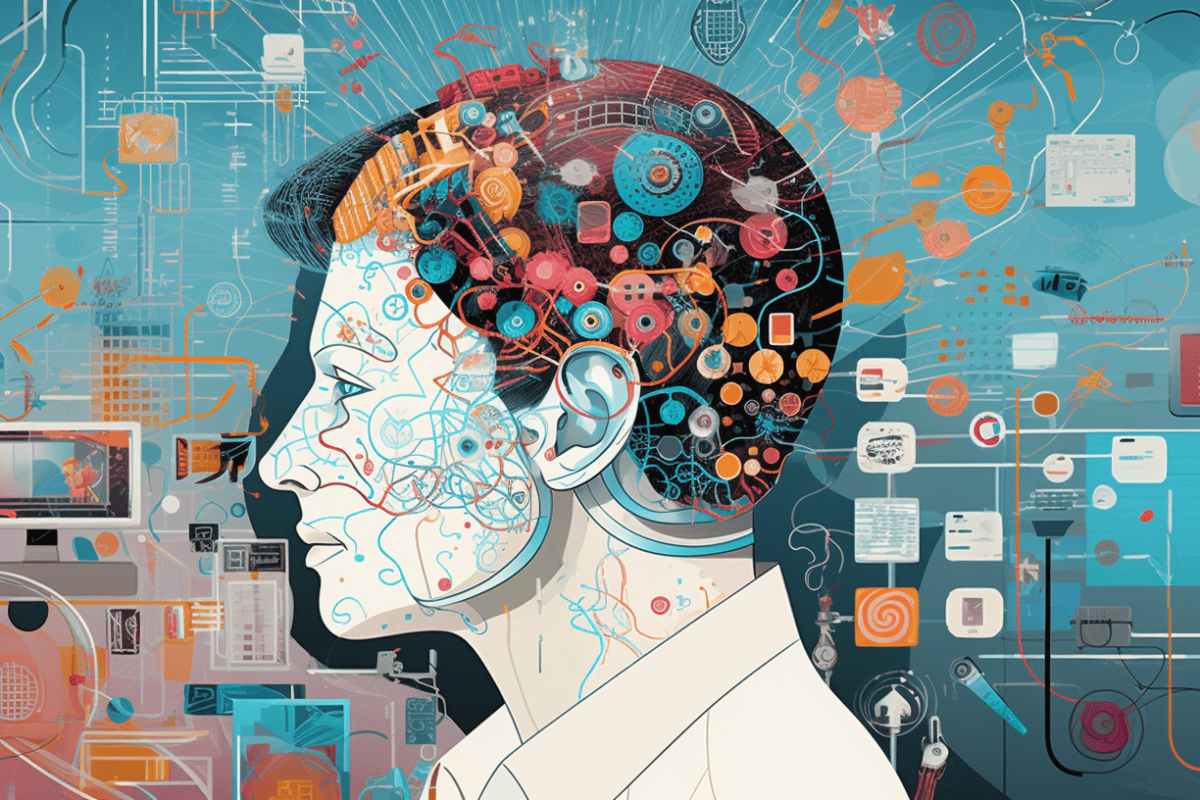We’re currently amidst an opioid crisis right across the world, with more people abusing and becoming addicted to the likes of fentanyl than ever before. It’s a scary situation, and particularly in the USA there is looking like no end in sight.
Addiction has long been a problem globally, with over 100 million people suffering from alcohol use disorder, while the likes of cocaine usage, gambling addiction and even behavioural addictions such as social media addiction is increasing.
For many years private rehab centres have been the answer, aiding people through withdrawal and the treatment process, and then into recovery, where the real hard work starts. And while that will continue to be the best medicine for people suffering from addiction, technology is only going to enhance that and increase the success rate over the coming years.
Artificial intelligence is undoubtedly going to play a big part in the future of addiction treatment, and over the coming years will likely revolutionise how those suffering do get help. Many experts have forecasted how this could happen, with the following five ways among the most likely…
Personalised Treatment
One of the biggest advantages of AI in addiction treatment is the ability to personalise treatment plans. AI algorithms can analyse a vast amount of patient data, such as medical history, genetic data, and behavioural patterns, to create individualised treatment plans. This approach can lead to better outcomes for patients, as it tailors treatment to their specific needs.
AI algorithms can also predict the likelihood of relapse, which is a significant concern for people with addiction. By monitoring behavioural patterns and identifying triggers, AI algorithms can provide real-time feedback to patients, helping them avoid relapse. This personalised approach can help people recover from addiction more effectively and sustainably.
Early Intervention
Early intervention is essential in addiction treatment, as it can prevent addiction from progressing and causing significant harm. AI algorithms can detect the early signs of addiction, such as changes in behaviour or mood, and alert healthcare professionals. This early warning system can help healthcare professionals intervene before addiction becomes severe, increasing the chances of successful treatment.
AI can also help identify risk factors for addiction, such as genetic predisposition or environmental factors. By identifying these risk factors early on, healthcare professionals can implement preventive measures and reduce the likelihood of addiction developing.
Identifying high-risk individuals
One of the major challenges in addiction treatment is identifying those individuals who are at a high risk of developing addiction. AI can help in this area by analyzing large amounts of data to identify patterns and risk factors associated with addiction. This data can be collected from various sources such as electronic health records, social media, and mobile apps.
For example, a study published in the Journal of Medical Internet Research found that machine learning algorithms can accurately predict future opioid overdose events using data from electronic health records. This could help healthcare providers identify high-risk individuals and intervene early to prevent overdose.
Improved diagnostics
AI algorithms can analyse patient data, such as medical records and drug test results, to help diagnose addiction more accurately. This can help clinicians develop more targeted treatment plans that are tailored to the individual’s specific needs.
AI can also analyse patterns of behaviour associated with addiction, such as changes in sleep patterns or social interactions, to provide an early warning system for addiction relapse. By monitoring these patterns, AI can help clinicians identify potential triggers and provide support before a relapse occurs.
Virtual Reality Therapy
Virtual reality therapy is a form of therapy that uses a computer-generated environment to simulate real-life situations that trigger addiction cravings. With AI, virtual reality therapy can be personalised to the individual’s addiction triggers and behavioural patterns.
AI algorithms can track the individual’s responses to the virtual reality therapy and adjust the treatment plan accordingly. This allows for a more effective treatment plan that is tailored to the individual’s needs, as well as allowing people to check in and out at anytime, from wherever they want in the world. It allows people to find treatment schedules that suit them, and while that may not be the most ideal when it comes to focusing on beating addiction, it will enable people to still work and manage their day-to-day life alongside treatment, which could be incredibly important from a financial point of view.
Chatbots
We’ve all seen how chatbots have changed customer service in the likes of ecommerce and finance, but they can also help the medical profession too. One of the primary benefits of chatbots is that they are always available, 24/7, which means that individuals struggling with addiction can receive support and guidance whenever they need it, even outside of traditional therapy hours.
Chatbots can also provide a level of anonymity that may be appealing to individuals who are hesitant to seek treatment or support for addiction. They can offer a safe and private space for users to express their thoughts and feelings without fear of judgement or stigma.
What’s more, they can deliver personalized support and guidance based on the individual’s specific needs and preferences. Through the use of artificial intelligence, chatbots can learn about the user’s behavior patterns and provide tailored advice and recommendations.
Through the likes of apps and live chat, they’ll also be able to provide ongoing support and motivation throughout the recovery process, helping individuals stay accountable and on track with their goals. By checking in with users regularly, providing encouragement, and offering resources and coping strategies, chatbots can be an important part of a comprehensive addiction treatment plan.
The Future is AI
While human interaction is always going to play the prominent role in addiction recovery, artificial intelligence will certainly play a part in complementing that over the coming years, and perhaps most importantly make it more accessible than ever before.
With more and more people suffering from addiction, particularly among people with lower incomes, making treatment available to more people opens up the door to get better, rather than falling down a slippery slope like so many are at present.
We’re living through an addiction crisis, and AI could be part of the answer to solving that over the coming years. Which can only be a good thing…
This is a sponsored post
Digital Health Buzz!
Digital Health Buzz! aims to be the destination of choice when it comes to what’s happening in the digital health world. We are not about news and views, but informative articles and thoughts to apply in your business.


